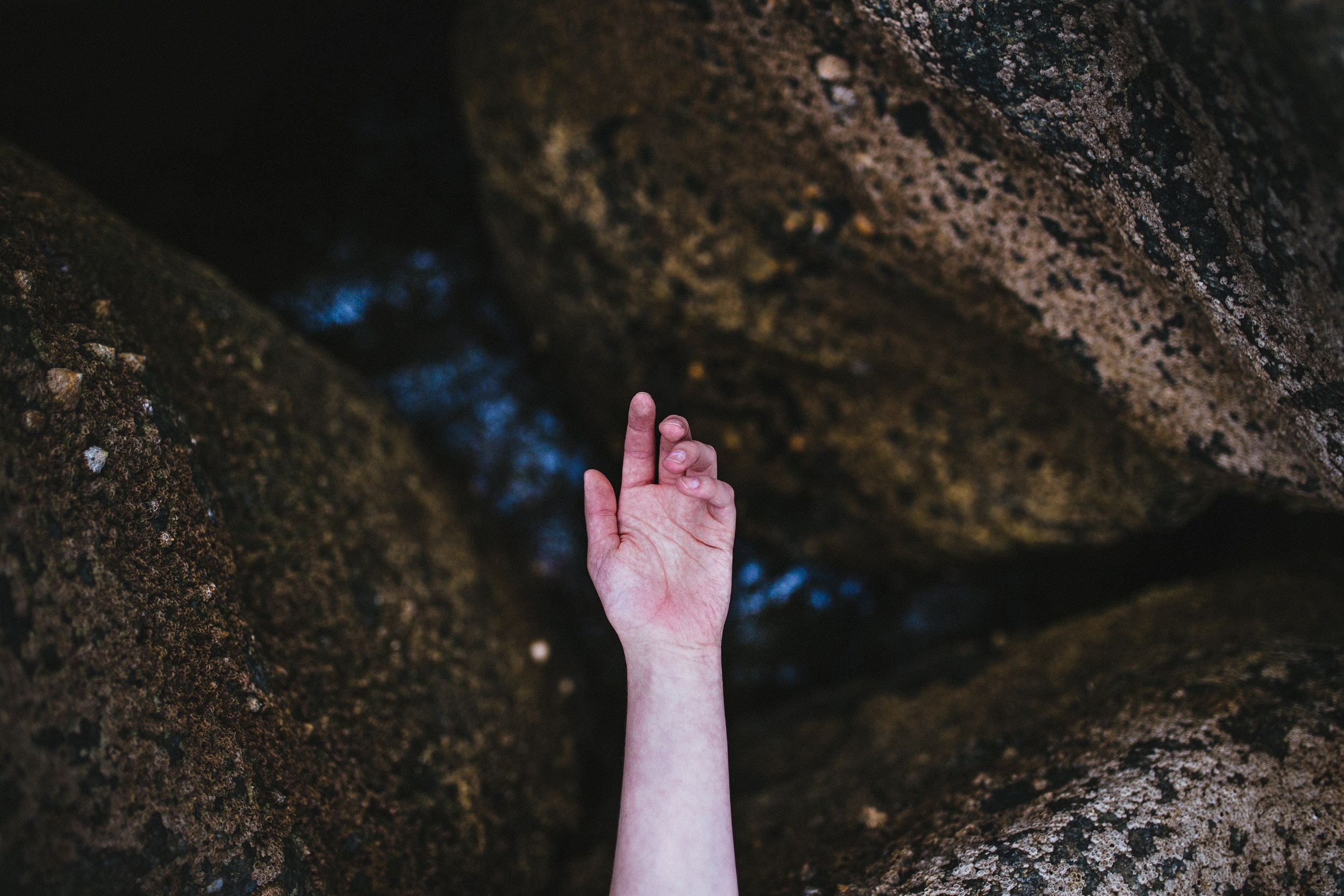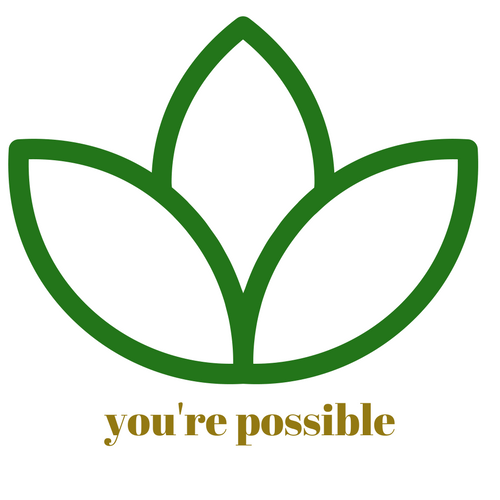
Asking for Help: The Moment I Knew I Couldn’t Do This Alone
By the time I finally entered therapy, I already knew what my eating disorder represented. I had read all the books. I had analyzed myself to death. I understood that my eating disorder was never really about food. It never is.
It was my coping mechanism.
Restrictive eating? That meant I was starving my feelings away.
Bingeing? That meant I was burying emotions I didn’t want to face.
Purging? That was me trying to expel the feelings entirely. I wasn’t just throwing up food—I was throwing up shame, grief, anger, fear. I was chasing total emotional numbness.
But even with all that insight, all that self-awareness, I still couldn’t stop.
There were moments when I wanted to recover. But if I’m being honest, there were also moments when I was deeply grateful for my disorder. I was terrified of what life would be like without it. I thought that if I let it go, I’d be left to face every painful emotion I had spent years trying to avoid. I didn’t believe I had the strength to survive those feelings. I was convinced they would crush me.
Deciding to seek help for my eating disorder was one of the scariest things I’ve ever done.
I had flirted with the idea for a long time. But it wasn’t until I started scaring myself that I finally made the decision.
I had been scaring my friends and family for years, but I always brushed them off. I told myself they were overreacting. I told myself I was in control. Spoiler: I wasn’t. The truth is, my eating disorder controlled me—and I was the last one to admit it.
My purging episodes were getting worse. I would pass out by the toilet. The room would spin, and I would lose all sense of where I was. My vision would blur. Everything felt foggy, like I was outside of my body. I’d crawl to my bedroom on hands and knees, dragging myself into bed before blacking out under the covers.
I’ve always had a flair for the dramatic, but this was something else. This wasn’t drama. This was real. This was dangerous. And for the first time, I was scared.
I didn’t mean to break down in my gynecologist’s office. All he did was ask how I was doing—and I crumbled. The words came pouring out: how I was starving myself, how I’d binge and purge, how I kept trying to stop and couldn’t.
That moment changed my life.
After examining me, he quietly left the room. A few minutes later, I heard him in the hallway on the phone, calling the eating disorder treatment center I eventually went to. He came back in and told me they had an appointment for me next week. I could fill out the intake paperwork and a questionnaire before the visit to help them create a personalized treatment plan for eating disorder recovery.
I was overwhelmed with two conflicting emotions: fear and hope.
I was terrified at the thought of giving up the one thing that had been with me for so long. My constant companion. My crutch. How would I function without it? What would life look like without bingeing, purging, or restricting? Part of me said, “You’ll never make it.” But the other part—the one I hadn’t heard from in a while—whispered, “Maybe you can.”
Asking for help with an eating disorder is scary. Really scary. So many of us have lived in shame for years, convinced we don’t deserve support. That other people deserve to heal, but we don’t.
Let me tell you: you do deserve help. You are not beyond saving. You don’t have to do this alone.
Recovery from bulimia, anorexia, or any disordered eating is possible—but it starts with reaching out.
